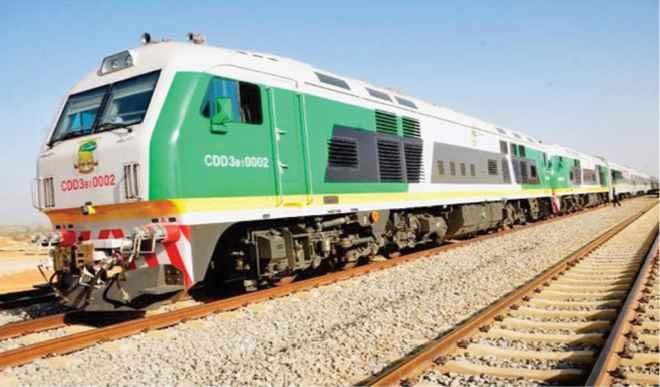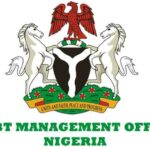With a protracted delay from China in opening up funds for Nigeria, the federal government is turning to the British market where it expects to raise $14.4 billion (about N5.993 trillion) at least for multiple rail projects.
Already, reports said the Standard Chartered Bank has agreed to offer a $3.02 billion (N1,256tr) loan to fund rail projects. There are indications that such move could cut the exposure of the country to Chinese loans.
- Nigeria’s constitution allows Muslim women to wear hijab – FG
- Bandits closing in on Kaduna metropolis
Nigeria is seeking $14.4bn loans for the Port Harcourt to Maiduguri rail line as well as the Kano to Maradi (Niger) rail project, Amaechi told Bloomberg in June last year.
According to the Director General of the Debt management office (DMO), Patience Oniha, loans from China to Nigeria were largely concessional with no collateral. As of September 30, 2021, Chinese loans in Nigeria stood at $3.59bn, representing only 9.4 per cent of Nigeria’s total foreign debt stock of $37.9bn.
“Nigeria’s total debt stock as at of September 30 was 37.9 billion dollars, this figure comprised the external debt stock of the Federal Government, 36 state governments and the Federal Capital Territory,” Oniha stated.
According to a Reuters report, Nigeria has approached Standard Chartered Bank (STAN.L) for funding of two rail projects. The Minister of Transportation Rotimi Amaechi said this is after delays from Chinese lenders.
President Muhammadu Buhari has made upgrading transport networks and improving outdated power grids the pillar of his administration, with a view to boosting agriculture and other non-oil industries to cut dependence on dwindling crude revenues. But funding has been a major constraint.
Its parliament last year approved several billions of dollars in project-tied loans from the Chinese and other international lenders but funds have yet to materialize.
“We are actually waiting for the Chinese to give us the loan we applied for and they kept delaying us,” he told reporters in Abuja. “Will we wait for them forever? The answer is no.”
Nigeria has been negotiating a mix of loans from Chinese and European lenders to fund railway projects in the country.
In June 2021, Amaechi said Standard Chartered had agreed to fund $3.02 billion for the ongoing Port Harcourt-to-Maiduguri railway project. He also said at the time that Credit Suisse was expected to fund the Kano-to-Maradi line, which will connect northern states Kano, Jigawa and Katsina.
“We have gone to Standard Chartered Bank. They have not done financial closure but they have approved some level of funding for Kano-Maradi,” the minister said.
Nigeria’s poor transport and power networks have stymied economic growth for decades, holding back the distribution of wealth in Africa’s biggest economy where 40% of people live below the national poverty line.
Amaechi said the cabinet approved $187.7 million for contractors that will supervise the three or four rail projects in the works.
Also speaking, an expert on infrastructure planning, Okoli Ochuwa, stated that the move by Nigeria to turn to other multilateral donors was a laudable one.
“Although as it is, China loans are no cause for alarm yet in Nigeria, however, if we continue to depend on them, we may have no alternative. So I believe it is a good move for Nigeria to seek other infrastructure financing means. It should even look inwards in Nigeria for private partnerships. As long as the government respects agreements, there are ready investors,” said Ochuwa.

 Join Daily Trust WhatsApp Community For Quick Access To News and Happenings Around You.
Join Daily Trust WhatsApp Community For Quick Access To News and Happenings Around You.


